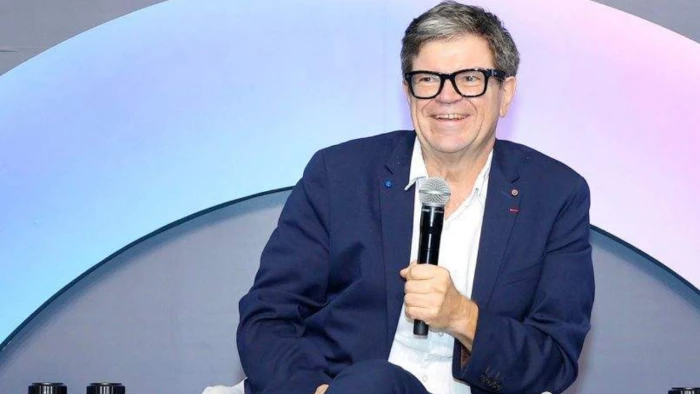Meta’s Chief AI Scientist Yann LeCun Quits to Launch Groundbreaking World Model Startup Amid Major Meta Restructuring
by Mighva Verma - 3 months ago - 3 min read

Meta’s celebrated chief AI scientist Yann LeCun is preparing to leave the company after more than a decade to start his own AI-focused venture. LeCun, a 2018 Turing Award winner, is one of the founding fathers of deep learning and has led Meta’s Fundamental AI Research (FAIR) lab since 2013. His work was instrumental in building powerful AI models like Meta’s Llama and pushing the boundaries of self-supervised learning and world models.
LeCun’s decision to move on comes at a time of big changes inside Meta. The company recently overhauled its AI structure, forming a new Superintelligence Labs division led by Alexandr Wang, the former CEO of Scale AI, which Meta had acquired for $14 billion. LeCun, who used to report directly to Meta’s top leadership, was shifted to report to Wang, narrowing his influence over the company’s overall AI direction. This reorganization was meant to speed up Meta’s rollout of commercially successful AI products, as CEO Mark Zuckerberg doubled down on ambitions for “personal superintelligence” while spending billions on rapid AI research and model development.
But LeCun has never been shy about his scientific views, often speaking out against the current generation of large language models (LLMs) like those from OpenAI and Anthropic. He has argued publicly and within Meta that purely text-based AI can’t truly reason or develop human-like intelligence. Instead, he has championed “world models” AIs that develop an internal sense of how the physical world works, learning from spatial data and video, and capable of logical planning and real-world understanding. His belief is that such breakthroughs may take a decade but are essential for advancing artificial intelligence to the next level.
His exit underlines friction at Meta between building future-defining science and meeting near-term business goals. The company has increasingly prioritized product development over foundational research, cutting about 600 staff from its AI divisions and prompting several key researchers to jump ship for startups or competing labs. For many, LeCun’s departure signals a turning point, highlighting that even tech giants can struggle to keep visionary scientists when business priorities diverge from scientific curiosity.
Industry experts believe LeCun’s move will set off a scramble for AI talent, as growing numbers of top researchers look for new environments where big ideas can still thrive. His new venture, already in early funding talks, will focus squarely on world models and pursuing the kind of ambitious breakthroughs that shaped his career. For Meta, the challenge will be finding new ways to balance headline-grabbing AI products with the curiosity-driven research that keeps it at the cutting edge.